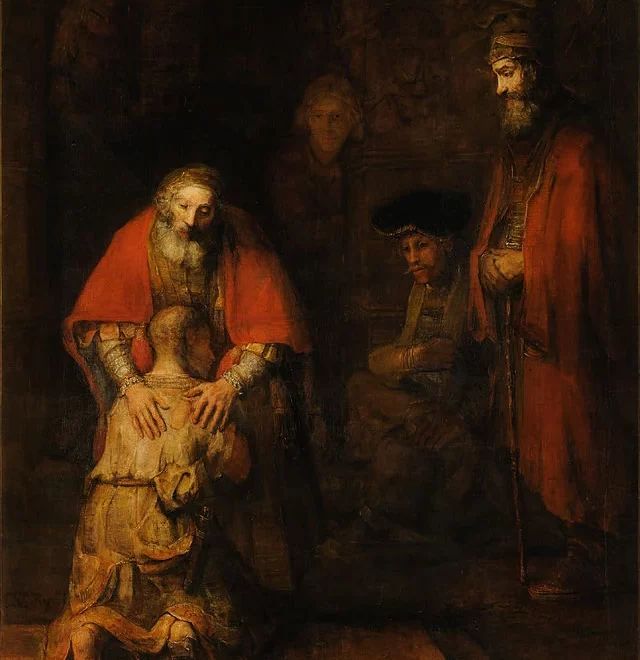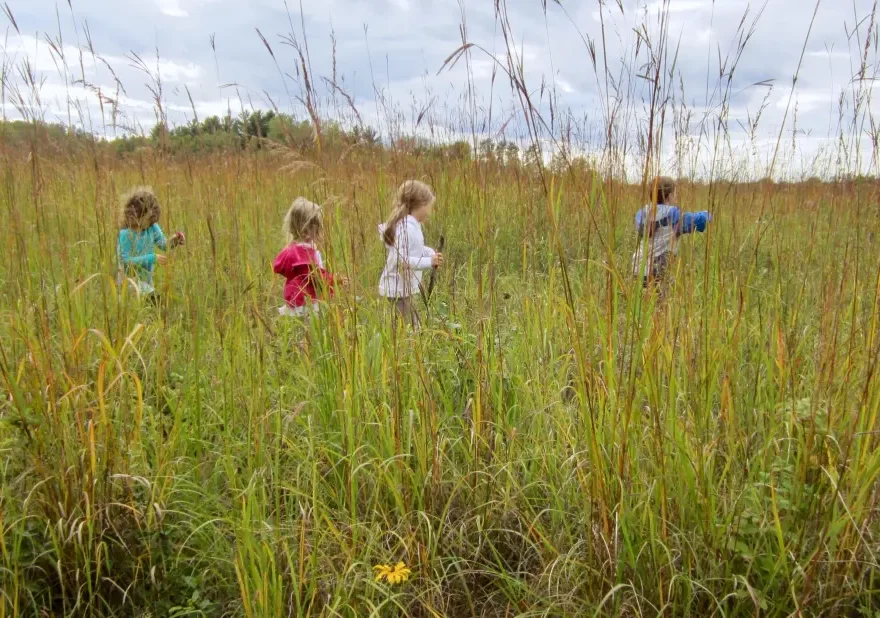Tag: biblical worldview
-

Preserving the Inheritance: Christian Education in the Post-Christian West
In The Air We Breathe (The Good Book Company, 2022), author Glen Scrivener explains how western society came to believe in the core values we now take for granted: equality, compassion, consent, enlightenment, science, freedom, and progress. He contends that belief in these values is not self-evident, trans-cultural, or historically necessary. So where did these…
-

The Goal of School Education
What is the goal of school education? This is a foundational question that demands an answer. Organizations are complex entities with moving and disparate parts. Schools are no exception. Facilities, insurance, safety, technology, admissions, marketing, communications, and development are all essential functions of school operations, and I have yet to even mention academics. Each department…
-

Paul’s School of Mentorship
Classical school leaders often emphasize the centrality of mentorship in the educational process, particularly in grades 6-12. They have wisely observed that the junior high and high school years are a pivotal phase in a person’s development. As students gradually spend more time with peers in settings without their parents, small yet formative opportunities emerge…
-

Towards a Philosophy of Nature Study
And God said, “Let the earth sprout vegetation, plants yielding seed, and fruit trees bearing fruit in which is their seed, each according to its kind, on the earth.” And it was so. The earth brought forth vegetation, plants yielding seed according to their own kinds, and trees bearing fruit in which is their seed,…
-

Why Gender Matters in Education
We often take for granted the givenness of the world we live in, that is, the things in life that are not questionable. For example, I have never questioned that the sky is blue or that I am the son of my parents. These aspects of reality strike me as matter of fact and have…
-

Love the Lord Your God With All Your Mind
And behold, a lawyer stood up to put him to the test, saying, “Teacher, what shall I do to inherit eternal life?” He said to him, “What is written in the Law? How do you read it?” And he answered, “You shall love the Lord your God with all your heart and with all your…
-

Funding the Mission: Values for Fundraising in Christian, Classical Schools
At Educational Renaissance, we seek to promote a rebirth of ancient wisdom for the modern era. We believe that education is so much more than getting good grades, receiving admission to prestigious universities, and fulfilling state requirements. To be sure, evaluation is productive, higher education is valuable, and scripture grants government an important role in…
-

Apprenticeship in the Arts, Part 6: The Transcendence and Limitations of Artistry
In this series on apprenticeship in the arts we have laid out a vision for the role of the arts in a fully orbed classical Christian education. We began by situating artistry or craftsmanship within a neo-Aristotelian and distinctly Christian purpose of education: namely, the cultivation of moral, intellectual, and spiritual virtues. Then we explored…
-

Liberal Arts and the Transmission of Culture
In classical circles, we speak often about the importance of the liberal arts, over and against mere career-readiness skills, but we do not always elaborate. The reality is that career-readiness skills–skills like analyzing data, applying information technology, preparing for an interview, and completing tasks efficiently–are immensely helpful. The problem is not their usefulness, but their…
-

Cultivating the Discipline of Study
Our world is restless, this much is clear. As I have observed in previous blogs, the speed of the modern world is only accelerating as new technologies allow people to access whatever they seek at unprecedented rates. Surfing the web, in particular, has never been easier, and with it, the vulnerability to succumb to the…
